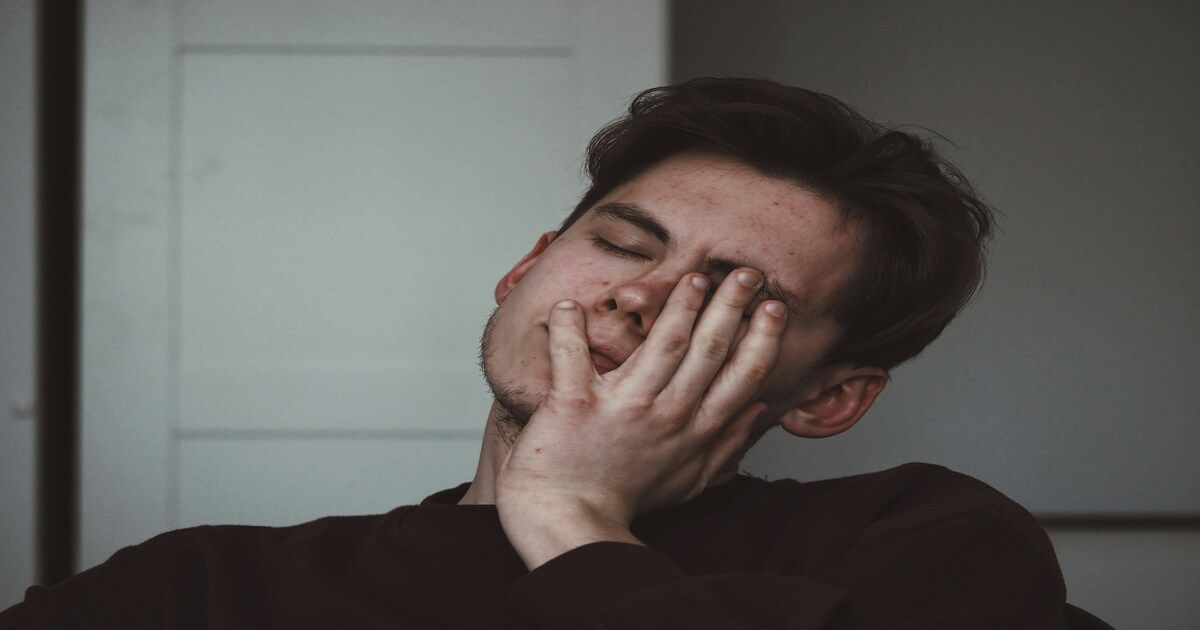We often think of bad mental health habits as obvious, but most times, they look like normal routines we’ve simply learned to live with. This article breaks down the subtle patterns that quietly drain our mental energy and offers simple ways to unlearn them before they begin to define how we live and feel.
Mental Health Habits
We all have mental health habits that shape how we think, feel, and respond to life. There are certain habits that nurture our well-being and help us rest, set boundaries, express gratitude, and manage stress in healthy ways. But there are also habits that seem harmless yet slowly drain our peace and affect our mental balance.
These bad mental health habits that don’t look bad can lead to conditions like anxiety, depression, burnout, or emotional fatigue. Most times, people are unaware that what they consider normal is gradually pulling them into a state of imbalance.
Mental Health Habits to Avoid
These habits don’t only take away our peace; they quietly drain us until they lead to results so obvious that we begin to wonder what must have caused them. They are not the usual habits that people often discuss openly, yet they carry long-term effects on our mental wellbeing.
1. Overconsumption disguised as awareness
Many people convince themselves that they are just staying informed, but in reality, they are drowning in information. Constantly reading, scrolling, and consuming news can make you mentally exhausted. When your mind never gets a break, your emotions begin to mirror the chaos you feed on daily.
2. Overworking disguised as purpose
This habit is very subtle because people always have reasons to justify why they are overworking. It could be to make more money, to meet deadlines, to prove their worth, or to distract themselves from something deeper. What they rarely admit is that there is a quiet guilt that comes when they rest. They feel undeserving of it or see rest as an escape they cannot afford. Over time, this kind of self-pressure leads to burnout, exhaustion, and emotional detachment.

3. Overthinking disguised as self-awareness
Overthinking about everything doesn’t make you more self-aware; it only leaves you drained. Many people proudly identify as “overthinkers,” but the habit steals their peace more than it gives them clarity. Thinking deeply is healthy, but constantly analyzing every word creates mental clutter. Self-awareness should bring balance, not anxiety.
4. Withdrawal disguised as peace
Withdrawal is helpful when it is intentional and aimed at recharging. However, when protecting your space becomes an excuse to avoid people, responsibilities, or vulnerability, it becomes a problem. A lot of unhealthy thoughts thrive in isolation. The longer you stay withdrawn, the harder it becomes to reconnect and trust others again.
5. Comparison disguised as motivation
This is one of the most common daily habits that goes unnoticed. People compare their progress, appearance, or achievements to others, believing it motivates them to do better. In reality, comparison only creates dissatisfaction and self-doubt. Healthy motivation should come from growth, not from competition or envy.
Why We Hold On to These Habits
Bad habits are harder to break than good ones are to form. We often hold on to them because they feel familiar and safe. This is because comfort, routine, and predictability give the illusion of control, even when the pattern is harmful.
Fear of change also plays a big role. The mind prefers what it knows, even if it hurts, to the uncertainty of something new. Sometimes, we associate these habits with our identity. For example, someone who overthinks may feel that letting go of the habit would make them careless or shallow. Understanding this psychology is the first step toward real change.
How to Break Harmful Mental Health Habits
Habits, no matter how difficult they seem to break, can be changed because they are learned, not inborn. The process of unlearning requires time, awareness, and compassion for yourself. The following steps can help:
- Notice patterns
Habits do not just appear out of nowhere; they are built over time. Something must have triggered or encouraged the behavior. Take time to trace what led to the habit. Identifying the root cause makes it easier to address the problem rather than just the symptoms.
- Find healthier coping options
Many people struggle to break bad habits because once they stop them, it feels like there is nothing else to do. Replace harmful patterns with healthier ones. If you tend to overthink, practice journaling or mindfulness. If you overwork, learn to delegate or schedule breaks. There is always a better alternative.
- Be accountable
Breaking habits requires honesty, not self-blame, so acknowledge your patterns without judgment. Talk to someone you trust, write about it, or seek professional help if needed. Accountability is not weakness; it’s a sign of self-respect.
RELATED ARTICLE: Common Unhealthy Coping Mechanisms to Avoid
Sometimes, healing begins when we stop calling unhealthy things normal. The habits we justify today can become the very reasons we lose balance tomorrow. Pay attention to your patterns, stay aware of your mental health, and remember that growth is not about perfection but about choosing better, one decision at a time.



